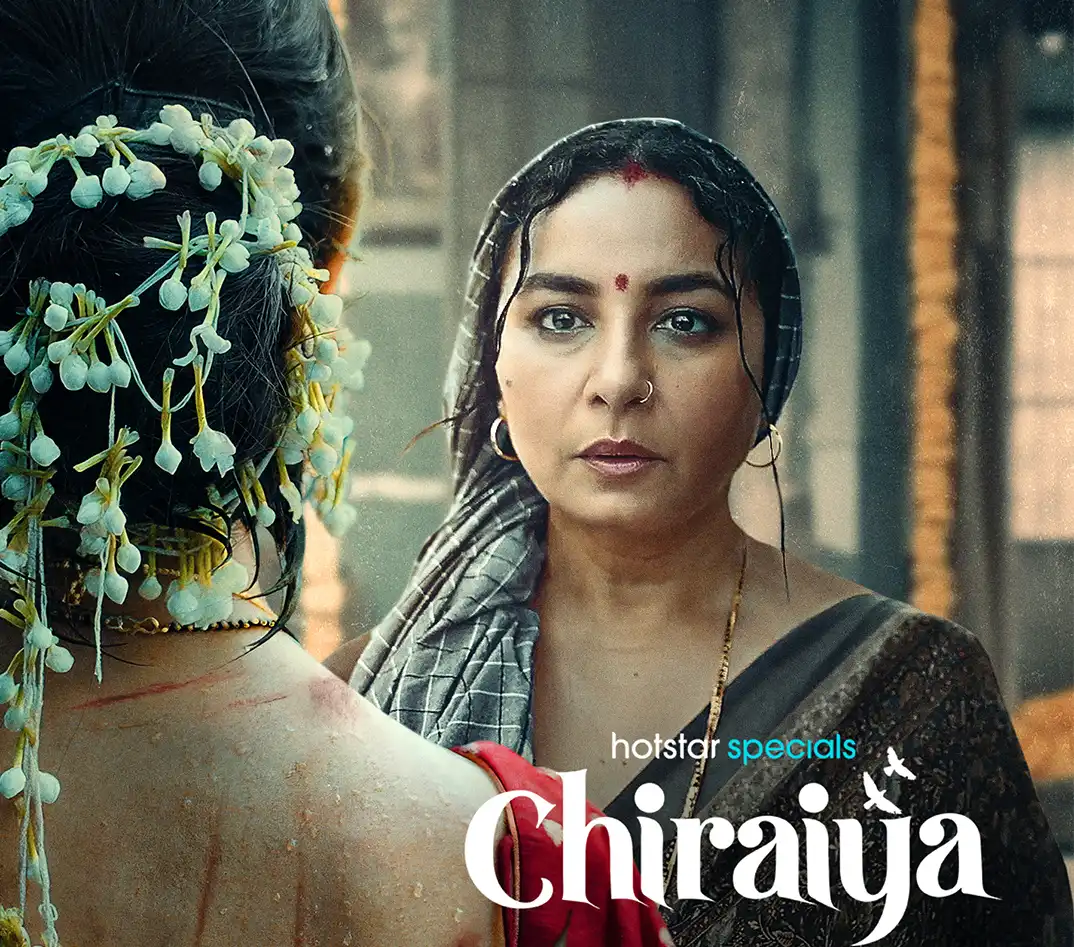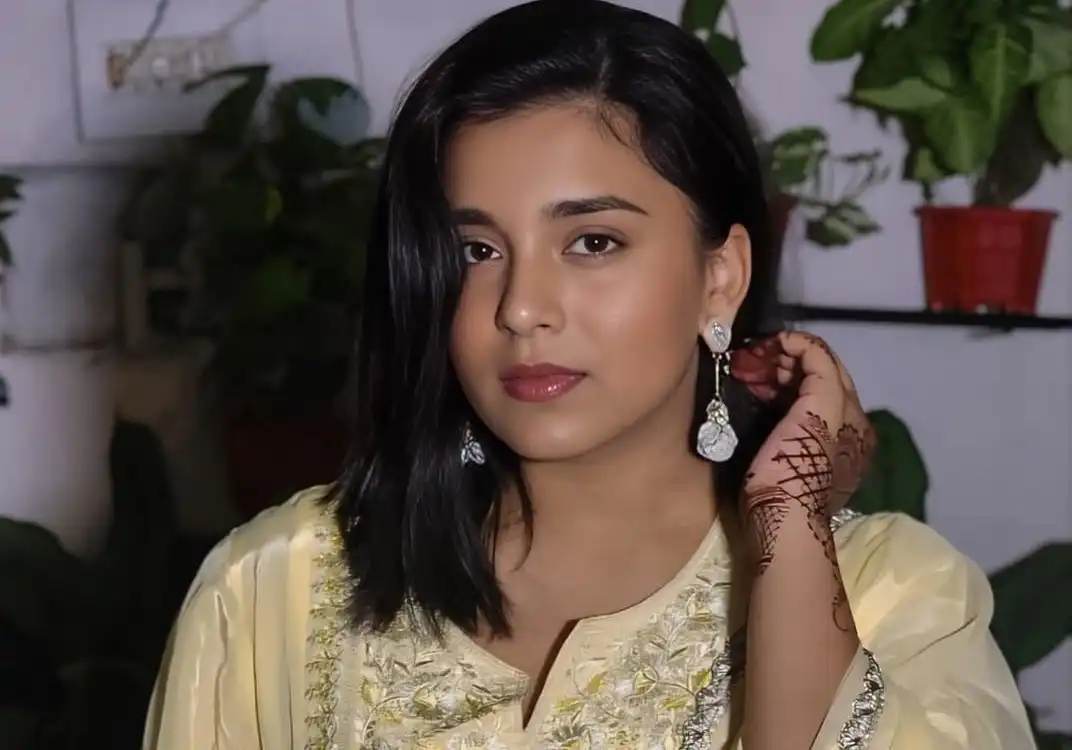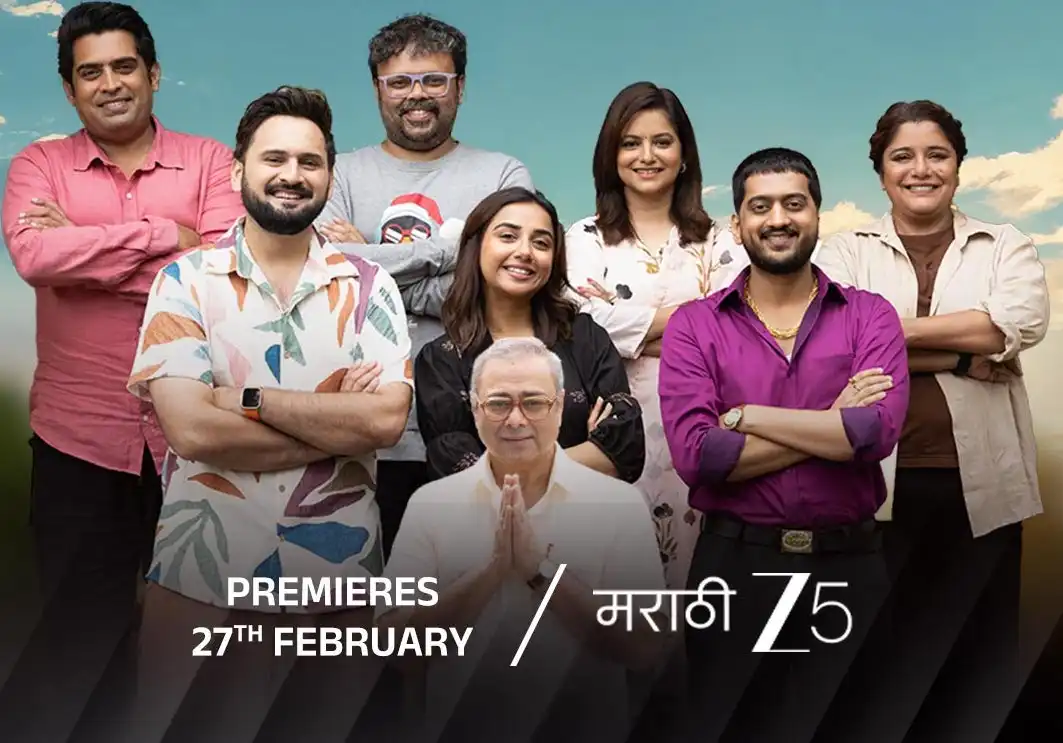Actor-producer Arushi Nishank believes that while technological advancements have propelled the world forward, they have also affected relationships. Arushi, known for her work in music videos like Teri Galliyon Se, Wafa Na Raas Aayee, and Jo Tumko Jhooth Lage, as well as her recent role as the producer of the web series Life Hill Gayi, emphasizes that increased exposure allows people to view relationships from diverse perspectives.
“Technological advancements have definitely played a role in shaking up relationships. With social media, dating apps, and instant communication, people have way more access to different perspectives, lifestyles, and even potential partners. It’s like having the whole world at your fingertips, which can make you question whether you’re settling or if there’s something else out there. Tech has definitely spiced things up, both for better and worse. It’s a game-changer for how we meet, connect, and even part ways.
She adds, “Women’s empowerment has given many the confidence to make choices they may not have felt comfortable making in the past. It’s not so much that empowerment is causing divorces, but that it’s allowing women to prioritize their happiness, self-respect, and personal growth, which sometimes leads to difficult decisions like ending a marriage. It’s not about breaking families apart; it’s about creating relationships built on equality, mutual respect, and shared goals.”
Marriage is about a little bit of love and a lot about compromises, she says, adding, “Marriage is definitely a balance of love, compromise, and teamwork. It’s easy to forget that it takes effort from both sides to make things work. In today’s fast-paced world, people sometimes expect things to just fall into place, but lasting relationships require sacrifice and mutual understanding. Without that give and take, it’s hard to keep the connection strong, and that’s when things can unravel. It’s all about finding that middle ground together.”
She says, “A relationship is a two-way street, and when it breaks down, it’s usually because of issues on both sides. Blaming one person for a divorce oversimplifies what is often a complex situation. Whether it’s communication gaps, mismatched expectations, or personal growth that pulls people in different directions, it takes two to make or break a marriage. At the end of the day, it’s about acknowledging that both people contribute to the dynamic, and when things go south, both usually play a role in that too.”




